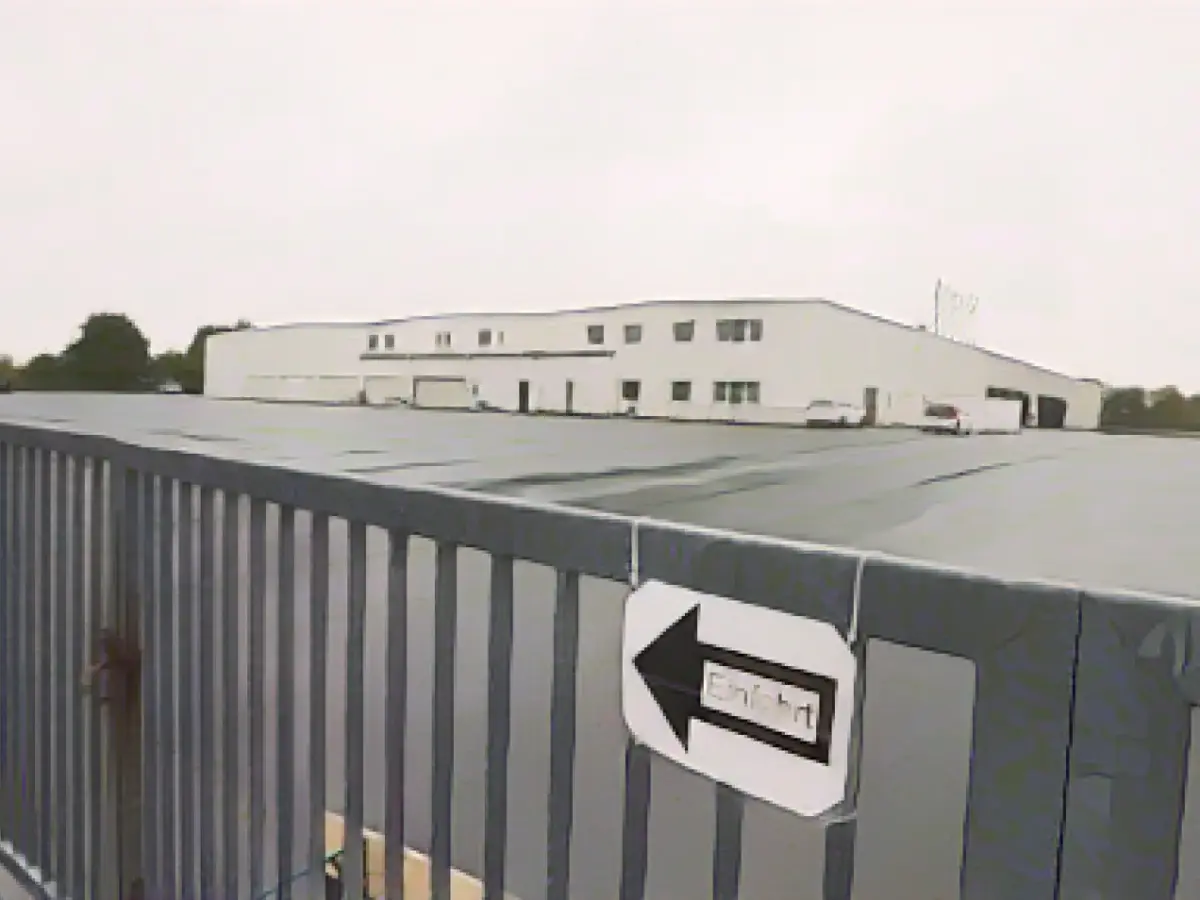Thuringia's Naturalization Process Times Vary Widely
When it comes to naturalization applications, the processing times in Thuringia's districts and independent cities can differ significantly, as highlighted by Green Party member of state parliament Astrid Rothe-Beinlich's query to the Thuringian Ministry of the Interior. The Ministry responded that applicants in the district of Saalfeld-Rudolstadt can expect an average decision within seven months, while those in Erfurt may wait up to five years for a comparable outcome.
Rothe-Beinlich criticized these lengthy waiting periods, arguing that they do not represent a welcoming culture and cause some migrants to seek naturalization in other German states. This brain drain may lead to the loss of motivated individuals, including needed skilled workers, according to Rothe-Beinlich.
The Ministry's reply also mentioned the increased number of applications and staffing shortages as reasons contributing to the longer processing times in certain Thuringian districts, such as Erfurt and the Unstrut-Hainich district. Also impacting these delays are location-specific factors and the efficiency of administrative procedures.
Analysing Thuringia's Naturalization Applications
In 2021, around 1,500 naturalization applications were submitted across Thuringia. Yet, in just two years, the number had spiked to around 2,900. By the first half of 2023, Thuringian municipalities had already received an additional 2,100 applications.
The following is a snapshot of the average processing times in various Thuringian districts, as per the Ministry of the Interior's data:
- Schmalkalden-Meiningen: 17-18 months
- Unstrut-Hainich district: 7.5 months
- Wartburg district: 36 months
- Jena: 34 months
- Gera: 26 months
Enriching Thuringia's Naturalization Landscape
Several factors contribute to the uneven naturalization processing times across Thuringia's districts and independent cities. Some of these factors include:
- Staffing and workload: Adequate staffing and lower application volumes can lead to faster processing times.
- Location-specific factors: Certain locations may be more difficult to reach or have an increased demand for naturalization services.
- Administrative efficiency: The clarity, organization, and completeness of the application can impact processing times.
- Regional variations in procedures: These may be due to varying regulations or procedures and can affect how long the application process takes.
By addressing these factors and striving for more consistency and streamlined naturalization procedures, Thuringia can create a welcoming environment for its immigrant population and promote growth through the welcoming of new citizens.





